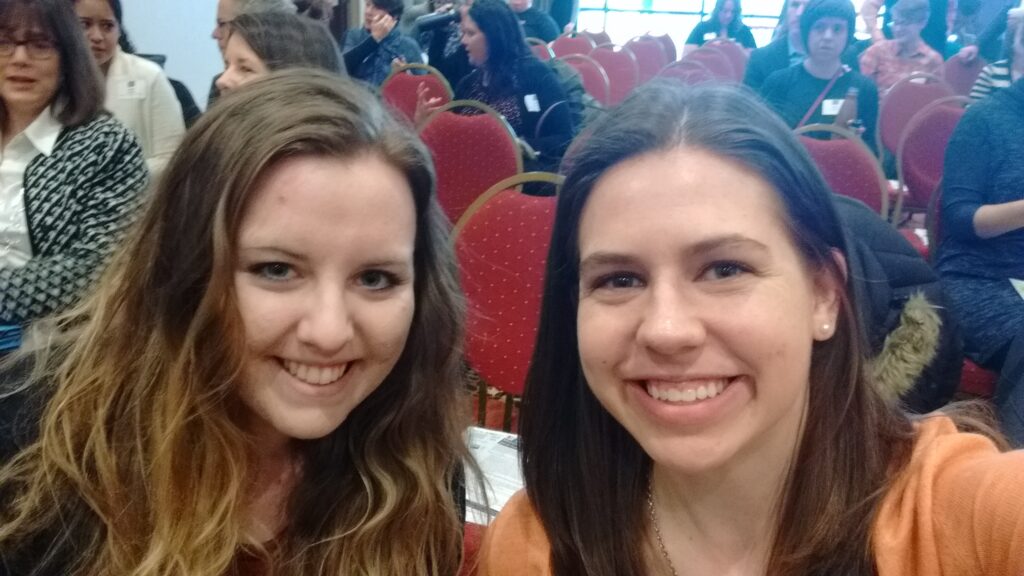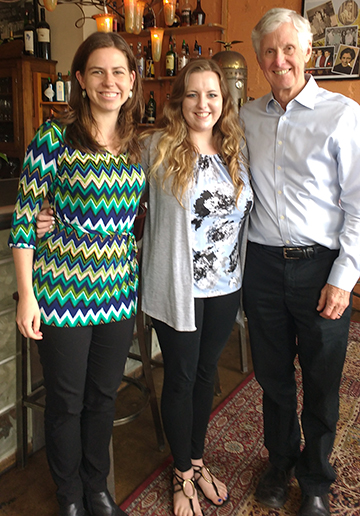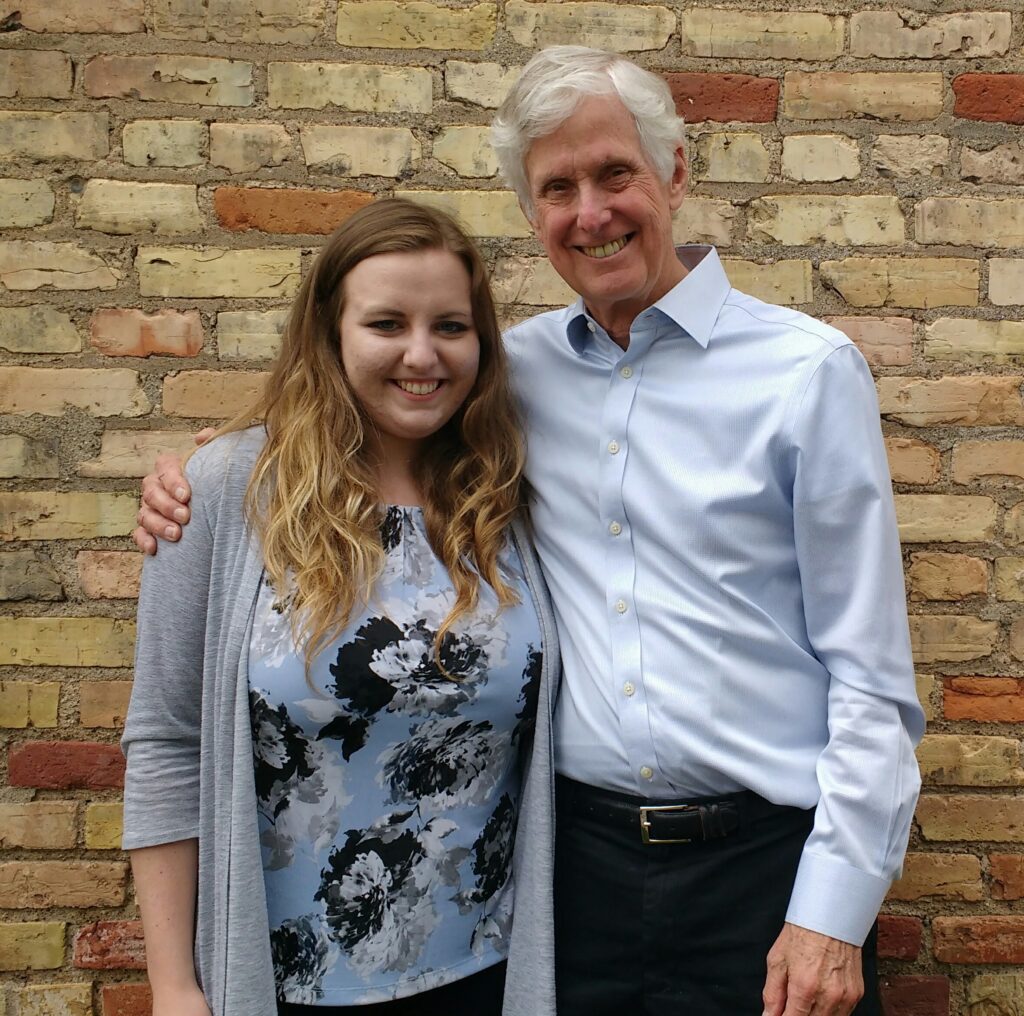By: Emma Klingler
Greetings! You may remember me from the blog post introducing me back in March. My tenure as the Todd Otis Public Policy Intern for Think Small is nearly over, and it seems unreal that I started here only a couple of months ago. In that time, I’ve attended coalition meetings, rallies, trainings, briefs, and legislative hearings. I’ve helped to draft communications for partners and legislators about session progress and awesome child care programs across the state. And I’ve had the opportunity to meet countless incredible early education advocates and hear about their passion for their work. Through all of this, I was able to immerse myself in the issue: access to affordable, high-quality child care for all Minnesota children.I learned so much in such a short period of time that it has honestly been hard to process at times. The problem we are faced with—a child care workforce shortage that isn’t able to attract new workers, paired with skyrocketing rates for families—is an immense and complicated one. So, in reflecting on my experience at Think Small, here are just a few of the lessons I’ve learned which stand out, both in regards to the child care issue and the world of advocacy in general.Child care is an equal rights issue. The disparities in our state are shocking, especially when it comes to education. In fact, Minnesota has the highest academic achievement gap in the nation. Knowing what I now do about the importance of a child’s first few years for developing a capacity to learn and succeed in school, it is clear that increasing access to child care is imperative to closing that gap. Access to high-quality child care is not just an equal rights issue for children, but for parents, too. When parents are unable to afford care for their children, they must stay home from work to provide that care themselves. This burden is disproportionately laid at the feet of women, resulting in a lifelong loss of earning potential and reproducing earning gaps between men and women. Having affordable child care options allows women to choose to maintain their careers while having the peace of mind that their children are cared for.Child care is at the intersection of all domains of public interest. Quality child care is a matter of education, particularly because we know that crucial brain development happens in the years before a child enters kindergarten. But it is also a catalyst for so many other positive social outcomes. There is evidence that early education reduces the use of social services and the criminal justice system in later life, providing as much as a $16 return to society. School achievement is associated with higher incomes, which is in turn associated with better health and prosperity. The message of child care as it relates to the whole life of individuals needs to be spread so that stakeholders from other areas of public policy, such as health care and economic development, can come together and feel they have a place in the issue.Developing integrative solutions should be the endgame. Since we understand that early education impacts so many aspects of well-being and social outcomes, it is important to find innovative solutions to the child care crisis which incorporate factors such as housing, health, higher education, and business. This could look like clinics sharing information about child care providers and financial support services with new parents, or like teaching businesses to be advocates for child care in their communities to support their workers and their own economic development. With relatively little public funding in comparison to other stages of education, we must look at community solutions which elevate the visibility of child care. Communities can demonstrate the impact of high-quality child care on the whole society, and perhaps elevate the political will to invest in families and children in their earliest years.
Emma with Policy and Advocacy Coordinator, Marie Huey during a MN Council of Non Profits Advocacy Session.
 I’m so grateful to have had this opportunity to work with Think Small this legislative session. It was a privilege to be a part of spreading the message of accessible, high-quality child care to legislators and others. Hopefully, my small contribution helped in some way to advance the conversation. As I graduate and enter the workforce as a community health outreach worker, I will continue to pay close attention to the child care environment in my community, and perhaps generate my own integrative solutions.
I’m so grateful to have had this opportunity to work with Think Small this legislative session. It was a privilege to be a part of spreading the message of accessible, high-quality child care to legislators and others. Hopefully, my small contribution helped in some way to advance the conversation. As I graduate and enter the workforce as a community health outreach worker, I will continue to pay close attention to the child care environment in my community, and perhaps generate my own integrative solutions.








